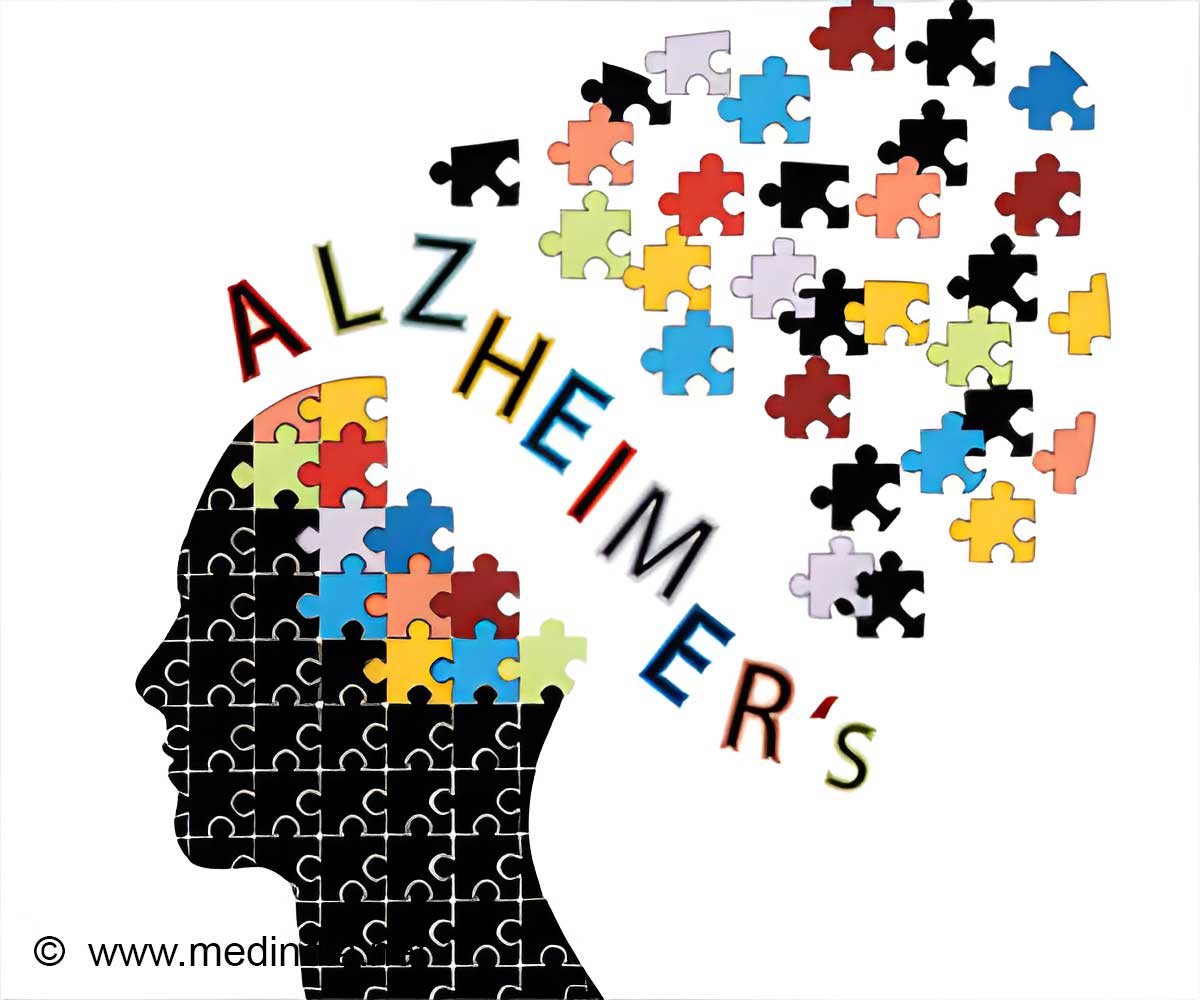There has not been much research to understand why it is that Latinos are developing dementia and Alzheimer's disease much earlier.

‘A unique, cohort study called Latino Core to learn about the aging process and risk factors for Alzheimer's disease in older Latino adults has been launched by the Rush University Medical Center.’





However, there has not been much research to understand why it is
that Latinos are developing these conditions much earlier. Rush University Medical Center has launched a unique, cohort study
called Latino Core to learn about the aging process and risk factors for
Alzheimer's disease in older Latino adults."This study looks at cognitive and motor function, dementia and Alzheimer's disease risks in the Latino population in the Chicago area," said Dr. David X. Marquez, lead investigator of the study at the Rush Alzheimer's Disease Center.
Marquez said, "Also, past surveys indicate that Latinos are less likely to see doctors because of financial and language barriers, often mistaking dementia symptoms for normal aging, thus delaying diagnosis." "Further, while we talk about Latinos as a group, they are a very heterogeneous group. Many prior studies are Latinos from the Caribbean islands. The Chicago area is comprised primarily of Latinos of Mexican heritage."
The Latino Core study at Rush is part of the Rush Alzheimer's Disease Core Center, which was refunded in July 2016 for $14.3 million grant by the National Institute on Aging of the National Institutes of Health. The Rush Alzheimer's Disease Core Center is a long-term, 30-year program.
A unique aspect of the Latino Core is that the Rush Alzheimer's Disease Core Center includes the African American Core and the Religious Orders Study Core. The greater Rush Alzheimer's Disease Center also includes the Rush Memory and Aging Project and the Minority Aging Research Study, which annually recruit and collect data from black and Latino participants without dementia, some of whom also agree to donate their brains upon death. All five cohort studies are conducted by the same investigative team with the same data allowing comparison across race and ethnicity among more than 4,500 persons.
Advertisement
The Latino Core study will enroll more than 300 older Latinos without dementia. Participants will receive yearly visits at their home at no cost which are conducted in Spanish or English. This will include taking memory exams, a blood draw and answering questions about health and lifestyle.
Advertisement
"Alzheimer's disease is a major cause of death, it's a major cause of disability, it's a major cause of economic hardship, family hardship," Bennett says. "For most people, their thinking and their memories are among the most precious things they have."
The Rush Alzheimer's Disease Center research focuses on disease prevention, hoping someday to spare the living from Alzheimer's disease. Without such advances, the number of people with Alzheimer's in the U.S. is expected to increase to 13.8 million by 2050, the Alzheimer's Association estimates.
"Individuals who join the Latino Core study will be making an important contribution to our knowledge about Alzheimer's disease and the aging process of older Latino adults," said Marquez.
"Further, brain donation is a gift for our children and grandchildren who we hope will live full and long lives without Alzheimer's disease," added Dr. Marquez.
Source-Eurekalert










